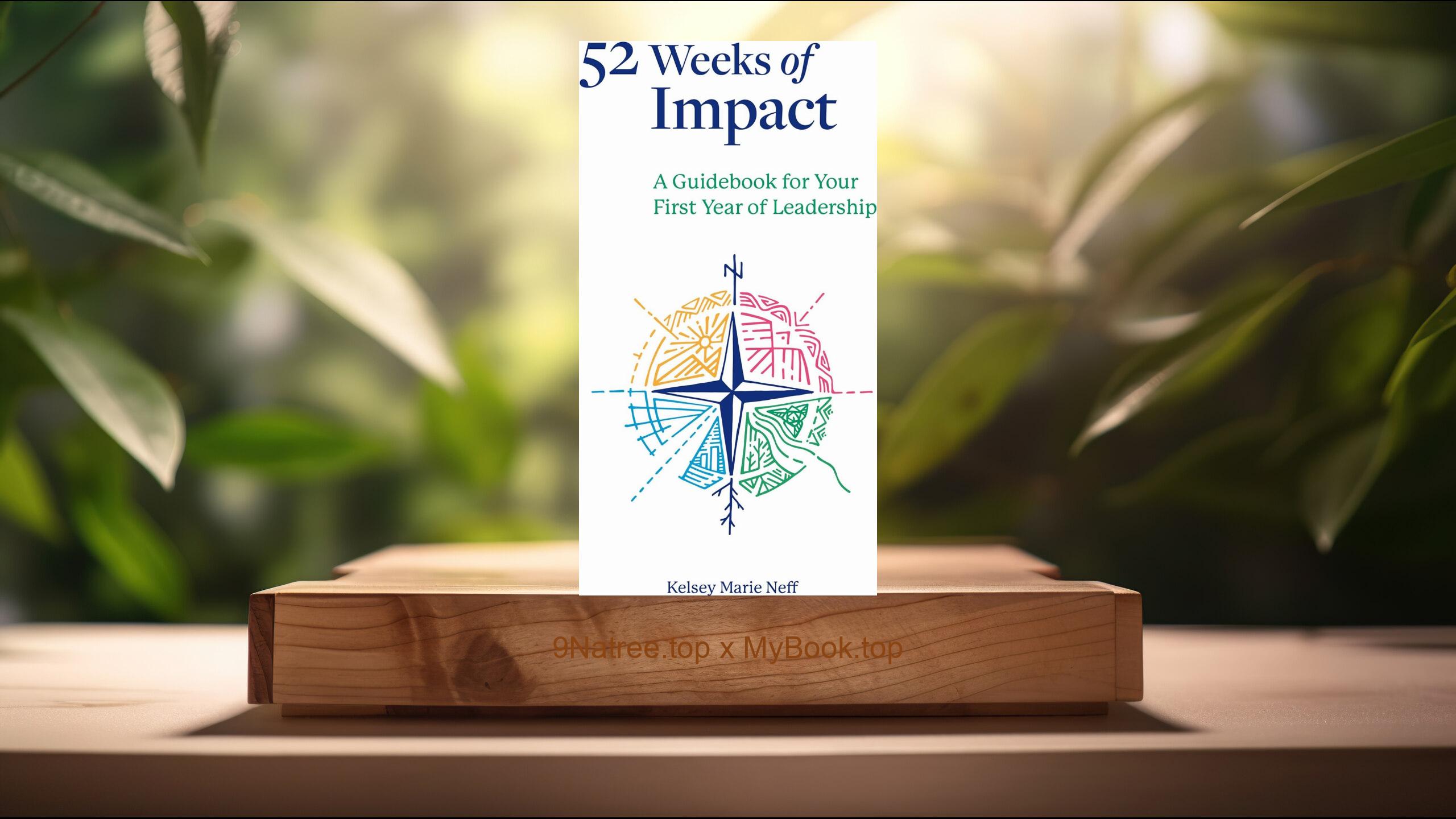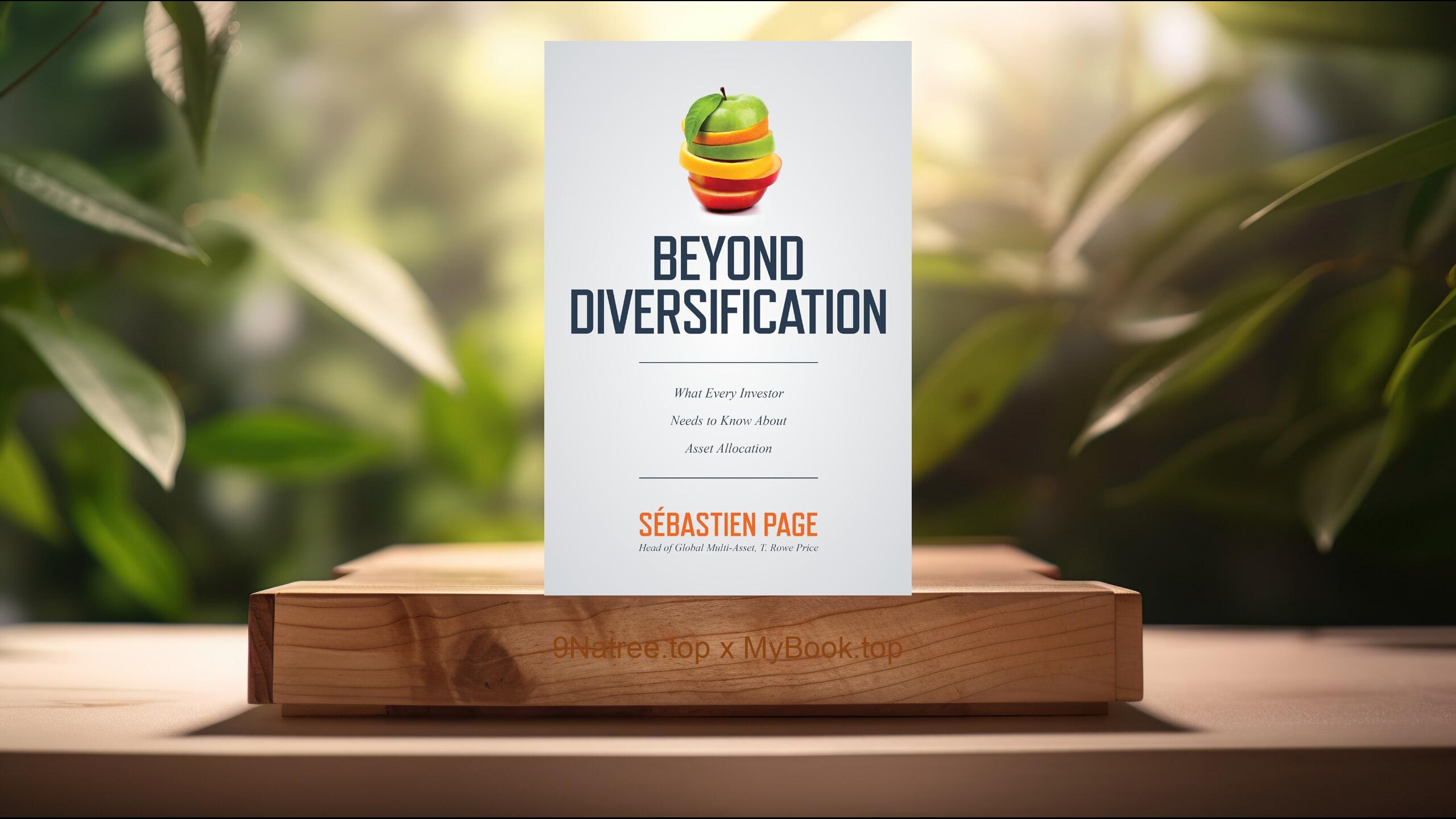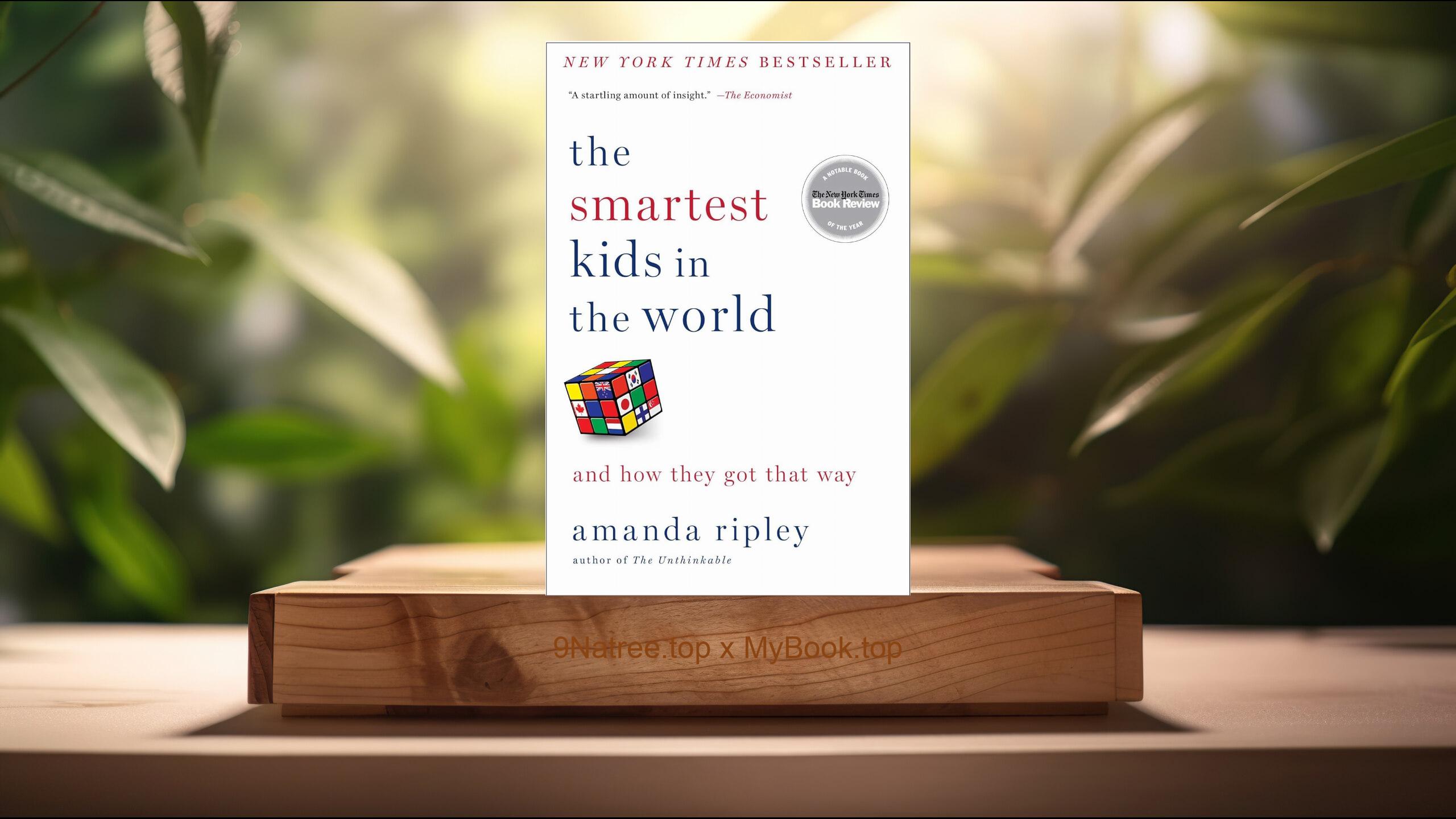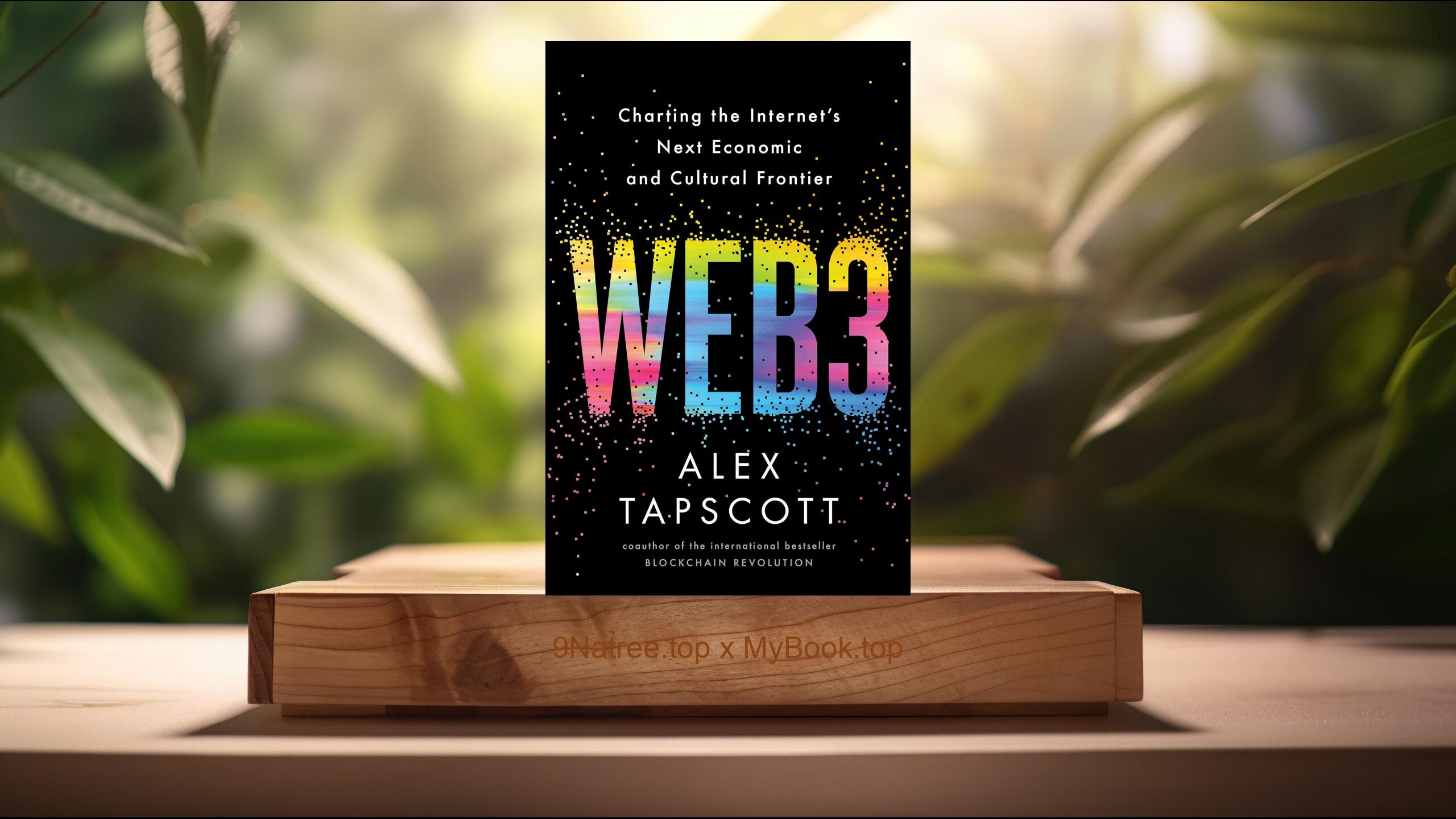Show Notes
- Amazon US Store: https://www.amazon.com/dp/B00TQFPKXC?tag=9natree-20
- Amazon Worldwide Store: https://global.buys.trade/F-in-Exams-Pop-Quiz-All-New-Awesomely-Wrong-Test-Answers-Richard-Benson.html
- eBay: https://www.ebay.com/sch/i.html?_nkw=F+in+Exams+Pop+Quiz+All+New+Awesomely+Wrong+Test+Answers+Richard+Benson+&mkcid=1&mkrid=711-53200-19255-0&siteid=0&campid=5339060787&customid=9natree&toolid=10001&mkevt=1
- Read more: https://mybook.top/read/B00TQFPKXC/
#EducationalHumor #CreativeThinking #TestAnxiety #AlternativeAssessment #LearningStyles #StandardizedTestingCritique #AcademicCreativity #FinExamsPopQuiz
These are takeaways from this book.
Firstly, The Art of the Wrong Answer, The 'Art of the Wrong Answer' is a cornerstone of 'F in Exams Pop Quiz,' illuminating the bewildering and often humorous creativity that students employ when they do not know the correct answers. This phenomenon showcases more than just a student’s ability to creatively navigate through academic challenges; it delves into the psyche of test-takers as they confront the unknown. Whether it's a science question answered with an elaborate drawing or a historical date embellished with fictional details, these responses highlight the innate human desire to express creativity under pressure. Richard Benson’s collection serves not just as a compilation of humorous anecdotes but as a case study in the inventive capacities of the human mind. It prompts readers to reconsider the value of a 'wrong' answer, recognizing it as a unique insight into individual thought processes and a testament to the complexity of learning and memory retrieval. Through exploring these inventive answers, Benson not only entertains but also invites reflections on the nature of education, examination, and the beauty found in the unexpected.
Secondly, Humor in Education, Richard Benson's work dives into the 'Humor in Education,' illustrating how laughter and levity can play a crucial role in the academic experience. The collection of wrong answers not only serves as comic relief but also underscores the importance of humor in creating a more engaging and less stressful learning environment. Studies have shown that humor can significantly enhance learning by reducing anxiety, improving teacher-student relationships, and increasing student engagement. By highlighting the amusing side of academic assessments, Benson indirectly champions a pedagogical approach that embraces humor as a tool for learning. This approach, as shown through the lens of 'F in Exams Pop Quiz,' suggests that educators who incorporate humor into their teaching methods can foster a more positive and conducive learning atmosphere. The book demonstrates that when students are less afraid of making mistakes, they are more likely to take creative risks, participate actively, and ultimately, learn more effectively. Through the laughs and smiles that these wrong answers bring, Benson captures the essence of how humor can transform the rigid environment of examination rooms into spaces of imagination and joy.
Thirdly, The Psychological Impact of Testing, One of the less explicitly stated but deeply insightful aspects of 'F in Exams Pop Quiz' revolves around 'The Psychological Impact of Testing' on students. The compilation of wrong answers serves as an indirect commentary on the stress and anxiety that exams can induce. This aspect of the book prompts readers to ponder the traditional formats of testing and their effectiveness in truly assessing a student's knowledge and understanding. By showcasing the absurd, creative, and off-the-wall responses students resort to under pressure, Benson elucidates the often undue stress placed on achieving the 'right' answer. This stress can lead to test anxiety, which negatively impacts performance and does not accurately reflect a student's capabilities or intelligence. Furthermore, the book invites educators and policymakers to consider alternative methods of evaluation that prioritize understanding, critical thinking, and creativity over rote memorization. Beyond its entertainment value, 'F in Exams Pop Quiz' serves as a subtle critique of the education system’s reliance on standardized testing and underscores the need for educational reforms that accommodate diverse learning styles and intelligences.
Fourthly, Creativity Under Constraints, Among the delightful revelations in 'F in Exams Pop Quiz' is the demonstration of 'Creativity Under Constraints.' The way students maneuver through questions they cannot answer correctly, often with great wit and inventiveness, speaks volumes about the human capacity to generate creative responses under pressure. These moments of brilliance amid mistaken answers highlight the interesting paradox that limitations and constraints, such as the rigid structure of standardized tests, can sometimes fuel creativity rather than stifle it. By compiling these instances, Benson not only showcases the humorous outcomes of such situations but also delves into the broader implications for creativity and learning. This aspect of the book raises compelling questions about the nature of creativity in educational settings and how it can be nurtured. It challenges the perception that creativity is reserved for the arts, showing that it plays a crucial role in all areas of learning, including how we respond to the challenges posed by examinations. The creativity displayed by students in 'F in Exams Pop Quiz' suggests that educational approaches that embrace and encourage creative thinking, even in unexpected ways, can lead to more meaningful and enriching learning experiences.
Lastly, Rethinking Education and Assessment, Richard Benson’s 'F in Exams Pop Quiz' is more than a compilation of humorous academic blunders; it serves as a catalyst for 'Rethinking Education and Assessment.' Through the lens of humorously incorrect exam answers, Benson highlights the limitations of traditional assessment methods and calls into question the ways in which educational success is measured. The book underlines the discrepancy between what standardized tests evaluate and the diverse intellectual abilities students possess. It suggests that the current education system, with its heavy reliance on standardized testing, fails to accommodate the multiplicity of student intelligence, creativity, and problem-solving skills. These humorous test answers not only relieve the tension associated with academic assessments but also spark a conversation on the need for a more holistic approach to education—one that values creativity, critical thinking, and the ability to approach problems from unique perspectives. By celebrating the ingenious missteps of students, 'F in Exams Pop Quiz' invites educators, parents, and policymakers to reflect on the purpose of education and the most effective means of assessing learning. It advocates for a shift towards educational practices that recognize and cultivate the varied talents and capabilities of all students, suggesting that a one-size-fits-all approach to testing is not only inadequate but also suppressive of the rich intellectual diversity among learners.
![[Review] F in Exams Pop Quiz: All New Awesomely Wrong Test Answers (Richard Benson) Summarized](https://episodes.castos.com/660078c6833215-59505987/images/1901555/c1a-085k3-25kprv7diz67-oa66la.jpg)




